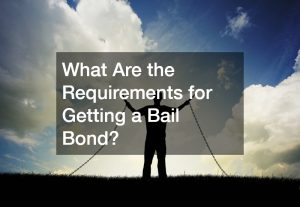
When someone is arrested, obtaining a bail bond is often a crucial step towards securing their release while awaiting trial. Bail serves as a guarantee that the defendant will appear in court as required. To make bail, several requirements must be met.
First, the defendant or their representative must contact a licensed bail bondsman. The bail bondsman will gather information about the defendant, including the nature of the charges, the defendant’s criminal history, and their likelihood of fleeing.
Next, the bondsman typically requires a non-refundable fee, usually around 10% of the total bail amount. This fee compensates the bondsman for the risk they are taking. Additionally, the bondsman may ask for collateral to secure the bond. Collateral can include property, vehicles, or other valuable assets, ensuring the bondsman can recover losses if the defendant fails to appear in court.
The defendant or their representative must also provide identification and may need to co-sign the bond agreement, assuming responsibility if the defendant skips bail.
Lastly, the bondsman may impose certain conditions, such as regular check-ins or travel restrictions, to ensure the defendant complies with court appearances.
By meeting these requirements, defendants can obtain a bail bond and gain temporary freedom while their legal proceedings continue.
.




